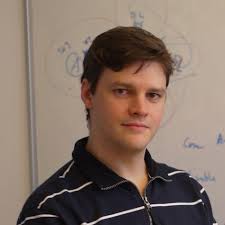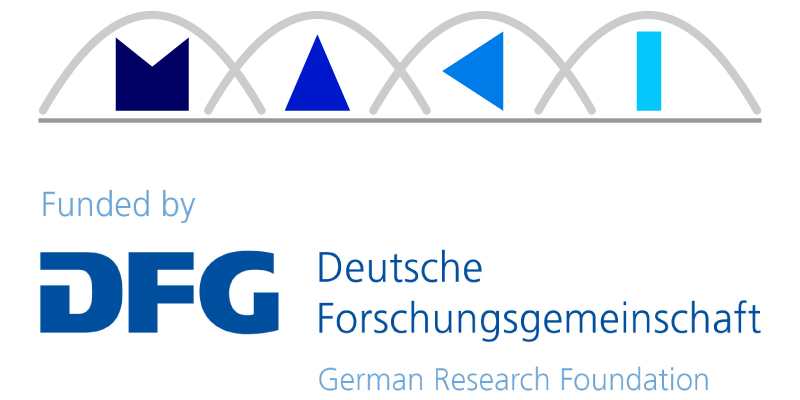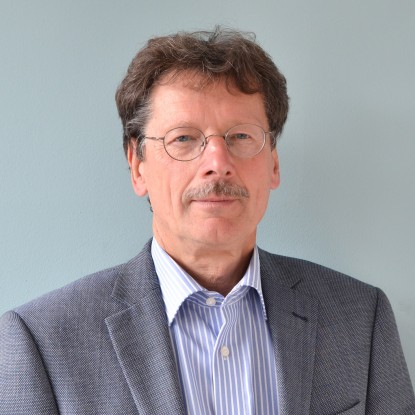Prof. Marco Canini

(Université catholique de Louvain)
Title
Towards a Flexible Software-Defined Network Ecosystem
Abstract
The next generation of networks will need to offer capabilities far beyond the current Internet to accommodate the requirements for global-scale interconnection of Internet-of-Things devices and cyber-physical systems such as smart cities, smart grids, and autonomous automobiles. This requires a transformation of existing, rigid infrastructure into Software-Defined Infrastructure (SDI): deeply programmable, highly interconnected, virtualized systems spanning many administrative domains. Current echnological trends such as Software-Defined Networking (SDN), Network Function Virtualization (SDN) and Programmable Dataplanes are key enablers to this transformation.Software-Defined eXchanges (SDXes) are emerging as interconnection points between multiple SDI domains and promise to significantly increase the flexibility and function of interdomain traffic delivery.
This talk will present one particular approach, as embodied within the H2020 ENDEAVOUR project, to enable the next generation of programmatic network services in SDXes. We discuss the design and implementation of iSDX, the first SDX architecture that can operate at the scale of the largest Internet eXchange Points (IXPs). Our public release of iSDX, complete with tutorials and documentation, is already spurring early adoption in operational networks.Further, we discuss the design of SIXPACK, a Route Server (RS) service that leverages Secure Multi-Party Computation (SMPC) techniques to keep peering policies confidential, while realizing the same functionalities as today's RSes. We conclude with a series of challenges in achieving the above vision, which will require a sound understanding of the formal foundations about SDXes as well as interdisciplinary research investigating the role of SDXes in addressing major societal problems.
Short Bio
Marco Canini is an assistant professor (tenure-track) in the department of Computing Science and Engineering at the Université catholique de Louvain. Marco obtained his Ph.D. in computer science and engineering from the University of Genoa in 2009 after spending the last year as a visiting student at the University of Cambridge, Computer Laboratory. He holds a laurea degree with honors in computer science and engineering from the University of Genoa. He was a postdoctoral researcher at EPFL from 2009 to 2012 and after that a senior research scientist for one year at Deutsche Telekom Innovation Labs & TU Berlin. He also held positions at Intel Research and Google.
During the course of his Ph.D., he worked on methods for accurate Internet traffic classification in real time based on application identification and the design of scalable network monitoring applications. At EPFL, his work addressed the challenges for reducing the Internet's power consumption and for improving the reliability of distributed systems and software-defined networks.



